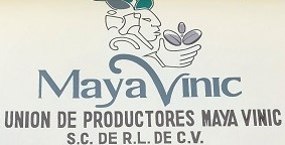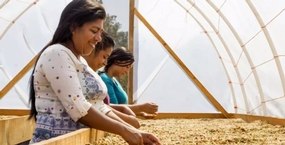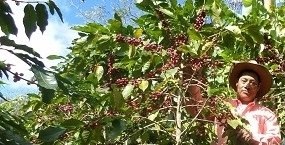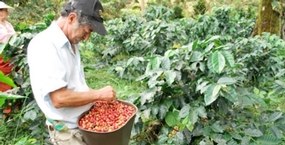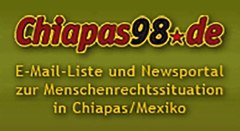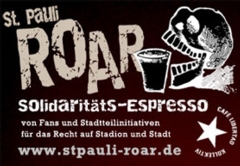Costa Rica, Puntarenas
Finca Sonador & CoopeAgri
Finca Sonador has been established as a project of the European Longo Mai network and its focus is on collective living and rural self-sufficiency. Additionally, various social and political projects are implemented. In 1979, when many people were forced to flee Anastasio Somoza's terror regime in Nicaragua, Longo Mai cooperative decided to purchase Finca Sonador in Costa Rica, the general idea being to provide land to refugees and thereby to empower them to lead their lives independently.
After the Sandinistas' victory, most Nicaraguans returned. Refugees from the El Salvadorian regime's violence took their places. Additionally, indigenous and landless Costa Rican families were moving to Finca Sonador, participating in its social life and cultivating their own land. As of today, the village population is primarily of Salvadorian origin.
Political situation and problems of Costa Rican coffee production
Costa Rica is considered one of Central America's comparatively safe countries and is enjoying a higher standard of social security than its neighbours. Costa Rica's not commanding its own military has had a generally positive impact on the security situation; thus the absence of military coups and civil wars prevailing in several neighbouring countries. However, there are strong barracked border patrols supposed to prevent immigration into the country and subsequent transit to North America. In the border region, conflicts and violence against refugees are therefore occurring regularly.
Like in many other countries, coffee cultivation in Costa Rica is endangered by Roya. More than half of the 933 000 hectares of Central America's coffee cultivation area are affected by the fungus, threatening the livelihood of many people. Additionally, many coffee corporations are emigrating to the region's poorer low-wage countries due to higher costs of living and hence higher coffee prices in Costa Rica. Thus, coffee corporations are directly and indirectly favouring corrupt regimes and crimes against human rights in neighbouring countries and exerting fierce competition and financial pressure on coffee-producing cooperatives and their members.
Sustainability, bio-diversity and self-sufficiency
Whereas the coop's emphasis was on providing space for self-organisation to civil war refugees from Central America during the eighties, today the community is developing more and more into an ecological centre and a laboratory for alternative cultivation methods.
Corn, beans, rice, manioc, bananas, plantains, fruit etc. are being produced for the village's self-sufficiency, market-oriented cultivation focusing on coffee and sugar cane. Longo Mai's area amounts to about 900 hectares, half of which is covered by rain forest protected sustainably by the community. Two Pulperias (general stores), a school and a kindergarten are providing for the 400 inhabitants' needs. Infrastructure and various activities are organised by numerous committees in voluntary division of labour.
Finca Sonador is exporting in cooperation with the great cooperatives' association CoopeAgri.
